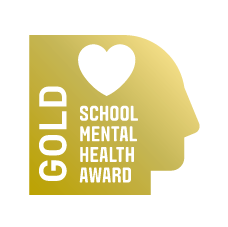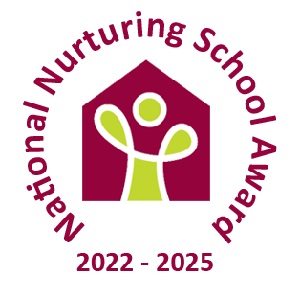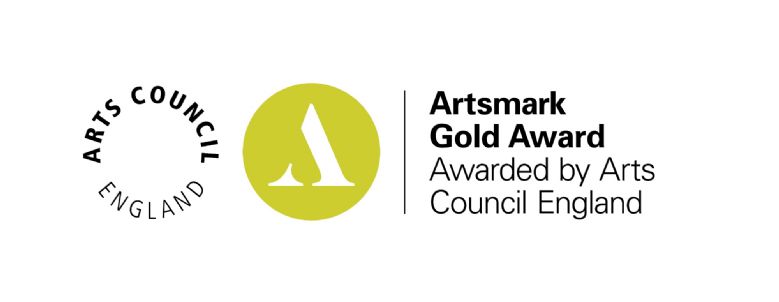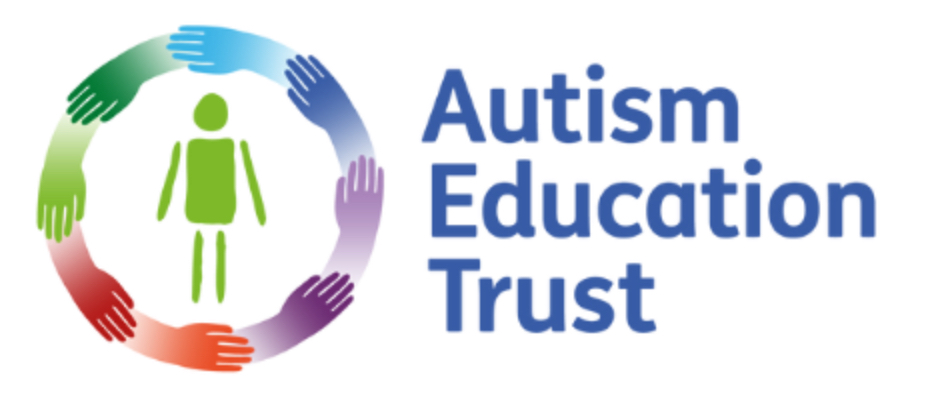OPAL Project
What is OPAL (Outdoor Play and Learning)?
During the next two school years (2024-25 and 2025-26) Warden House Primary School will be taking part in a project called OPAL (Outdoor Play and Learning). OPAL is an exciting programme designed to improve opportunities for physical activity, socialisation, co-operation, coordination, resilience, creativity, imagination and enjoyment through improved play.
The OPAL Outdoor Play and Learning Programme is the result of 17 years testing and development in over 250 schools and is now used in Canada and New Zealand as well as across the UK. Work has started to adapt the programme for schools in Slovakia, Czech Republic, Hungary, Poland and Austria. In 2018 OPAL won first prize in an EU funded award for the best active school’s programme in Europe.
It is based on the idea that as well as learning through good teaching, children also learn when they play, and, as 20% of their time in school is playtime, we want to make sure that this amount of time (equivalent to 1.4 years of primary school) is as good as possible.
Over the next two years, you will notice an exciting and ongoing redevelopment of areas of our school grounds. Children will have more to do and will be more inspired during their playtimes. There will be lots of opportunities for collaboration, parental support and feedback and a real opportunity to create something that is very exciting for all of our children.
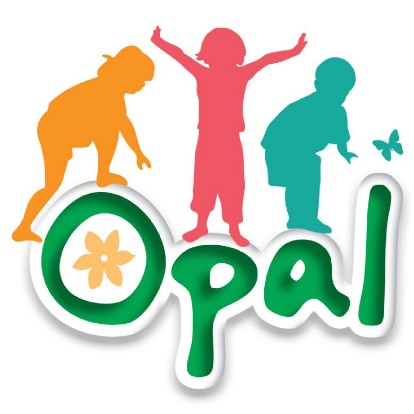
Why are we following the OPAL programme?
One reason we are carrying out this programme is that childhood has changed and many of our children no longer get their play needs met outside of school in the same way that they did in the past - and particularly since the Covid pandemic. Research tells us that:
-
The average screen time per day is 5 hours.
-
The average outdoor play time per week is 5 hours.
-
The percentage of UK children who only play outdoors with other children at school is 56%
There are many proven benefits for schools that carry out the OPAL Programme. They usually include:
-
More enjoyment of school
-
Less teaching time lost to disputes between children
-
Fewer accidents
-
Greatly improved behaviour
What does an OPAL school look like?
The best way to illustrate what an OPAL school looks like is to show you an example in action. The video clip below was filmed at St. Michael's Catholic Primary School in Surrey who have recently been assessed as a "platinum level" school. It shows the sorts of things that we will be aiming to bring in to our lunchtimes and playtimes at Warden House.
The benefits of play
1. Children learn through their play.
Don’t underestimate the value of play. Children learn and develop:
- Cognitive skills – like maths and problem-solving in a pretend grocery store
- Physical abilities – like balancing blocks and running on the playground
- New vocabulary – like the words they need to play with toy dinosaurs
- Social skills – like playing together in a pretend car wash
- Literacy skills – like creating a menu for a pretend restaurant
2. Play is healthy.
Play helps children grow strong and healthy. It also counteracts obesity issues facing many children today.
3. Play reduces stress.
Play helps your children grow emotionally. It is joyful and provides an outlet for anxiety and stress.
4. Play is more than meets the eye.
Play is simple and complex. There are many types of play: symbolic, sociodramatic, functional, and games with rules-–to name just a few. Researchers study play’s many aspects: how children learn through play, how outdoor play impacts children’s health, the effects of screen time on play, to the need for recess in the school day.
5. Make time for play.
As parents and carers, you are the biggest supporters of your children’s learning. You can make sure they have as much time to play as possible during the day to promote cognitive, language, physical, social, and emotional development.
6. Play and learning go hand-in-hand
They are not separate activities. They are intertwined. Think about them as a science lecture with a lab. Play is the child’s lab.
7. Play outside
Remember your own outdoor experiences of building forts, playing on the beach, sledging in the winter, or playing with other children in the neighbourhood. Make sure your children create outdoor memories too.
8. There’s a lot to learn about play
There’s a lot written on children and play. Here are some NAEYC articles and books about play. David Elkind’s The Power of Play (Da Capo, 2007 reprint) is also a great resource.
9. Trust your own playful instincts
Remember as a child how play just came naturally? Give your children time for play and see all that they are capable of when given the opportunity.
10. Play is a child’s context for learning.
Children practice and reinforce their learning in multiple areas during play. It gives them a place and a time for learning that cannot be achieved through completing a worksheet. For example, in playing restaurant, children write and draw menus, set prices, take orders, and make out checks. Play provides rich learning opportunities and leads to children’s success and self-esteem.
How can you help?
Play is not messing about or wasted time. It is the process evolution has come up with to enable children to learn all of the things that cannot be taught in a formal classroom, while also feeling like it is fun. There are certain things children must have in order to be able to play outdoors - during all of the four seasons of the year. These include:
-
Having clothes that you can play in
-
Having things to play with
-
Having a certain amount of freedom
As the school improves play opportunities for your children, you may find the school is asking you for resources and is making changes about how children use the school grounds. They may use more of the grounds, for more of the year. Your children may get a bit messier, be exposed to more challenges and have greater freedoms to play where, with whom and how they like. The experiences the school is fostering are essential for children’s physical and mental well-being and healthy and in line with all current good practice advice on health safety, well-being and development.
More information
You will be able to learn all about OPAL and watch several videos about the programme on our website. Further information is available at: www.outdoorplayandleaning.org.uk.
Should you have any questions or would like to get involved, please speak to our OPAL strategic lead Mrs.Camilleri. She can be contacted at Marina.Camilleri-Gorman@warden-house.kent.sch.uk.

